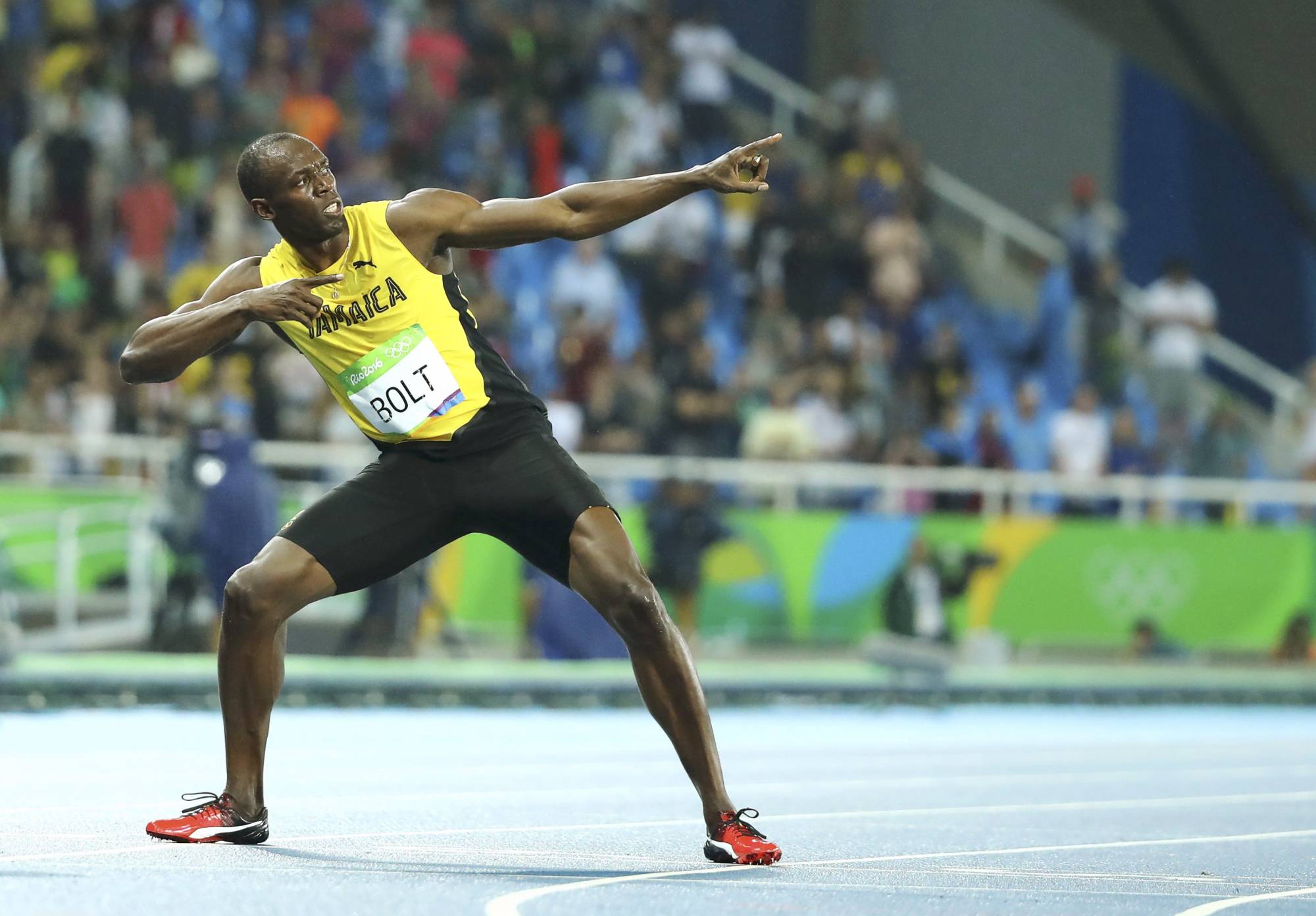There are many great athletes in the world but there are only a finite amount of professional slots available to those great athletes.
Sometimes athletes that don't make it to the professional level are able to get sponsorships, which enable them to maintain their lifestyles and their athletic ambitions.
Of course, sponsors also offer their sponsorships to high-profile professional athletes, whose name is appealing to a national or even international audience. There are many interesting facts about athlete sponsors.
It's How They Market Their Goods
Athlete sponsors use sponsorship as a form of marketing to sell their goods. The athletes that they choose to sponsor usually represent the brand's target market.
Interestingly, the athlete doesn't necessarily have to be at the top of their given sport. Other qualities, such as attractiveness or personality can make excellent sponsors.
Corporate sponsors and local sponsors alike go after athletes that somehow represent their brand. If an outdoor company is looking for a rough-and-tumble type to sell camping equipment, they go after an athlete who looks the part.
The same is true when they want someone who will attract the attention of the young and edgy. The veteran quarterback takes the former role while the handsome young rookie takes the latter.
The Olympics Are Brought to You by All Your Favorite Brands
It's one thing for a local bank to help subsidize a few minor league baseball players during the summer season or even for a corporation, like Subway, to have a stable of pro athletes from multiple disciplines selling their sandwiches, but it's quite another to sponsor an entire nation's youth as they spend years preparing for the Olympic Games.
The number of companies that sponsor the Olympics tends to be around 50, and the big names are always the same: Coca-cola, Visa, Procter & Gamble, Samsung and some other heavy hitters.
According to the International Olympic Committee, because the IOC is a nonprofit organization, about 90 percent of revenues from the games goes straight back into sport and athlete development.
The only source of income for most Olympic athletes is through sponsorship.
While Michael Phelps earned the sponsorships that allowed him to chase his Olympic dream, his sales plan worked like a charm as his earnings prior to winning all of his gold medals almost assuredly pales into his currently lucrative status.
He is currently sponsored by Louis Vuitton, Under Armour, Colgate, Visa, Omega and many more high-profile brands.
Sponsoring Women Is on the Rise
In 2022, sponsorship deals for female athletes grew by 20 percent.
Brands leveraged these partnerships through digital channels, including social media, where sponsorships of female athletes so a 70 percent boost of engagement. Nike, Gatorade, Coca-cola, Adidas and Ally Financial all sponsor female athletes.
Not only does it bode well when well-respected brands that dominate the marketplace take steps toward gender equality by honoring the achievements of female athletes, these brands also help to address the inequity in pay based on gender.
***
Can you name a professional athlete who pitches something on television? Have you seen a human interest story about a local athlete trying to accomplish his or her dreams?
Do you wonder how the Olympics choose the athletes who are awarded sponsorships and a chance to reach the dizzying heights of national Olympic stardom?
The world of athlete sponsors is as wide-ranging as there are types of sports.
As long as brands know that people like to see athletes selling things and as long as athletes will accept endorsement deals, and as long as athletes around the world are in need of extra capital, sponsorships will always exist.












